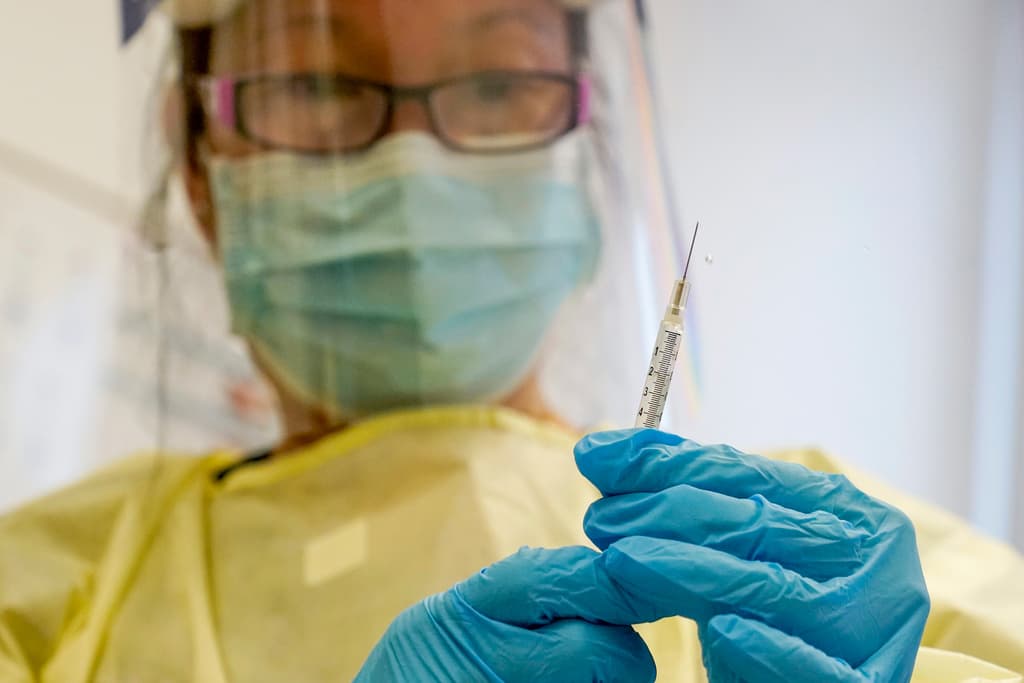What's happening?
The World Health Organization WHO has declared an international health emergency due to the outbreak of the more severe variant of mpox in several central African countries. The first case has been confirmed in Sweden.
The European Centre for Disease Prevention and Control assesses that the risk of further imported cases within the EU is high, but that the spread can be limited with the right measures.
What is this virus?
Mpox, previously known as monkeypox, is related to smallpox and is caused by two virus variants: clade 2, which was behind the outbreak in 2022 with around 300 cases in Sweden, and clade 1, which is now spreading. Clade 1 has been known for decades, but now it's about a new – and more severe – subvariant, according to Niklas Arnberg, professor of virology at Umeå University.
How dangerous is the disease?
Mpox causes painful blisters and sores on the skin and flu-like symptoms. The disease is often mild and heals on its own. But if things go wrong, the virus can enter the bloodstream and spread to other tissues and organs.
The risk of severe disease is higher than in the previous mpox outbreak. There are reports of a mortality rate of 10 percent in African countries, but this figure can be easily misinterpreted, emphasizes Niklas Arnberg. This is because many people with mild disease never get diagnosed and do not appear in the statistics.
It's worrying that children and young people seem to be affected more severely by the current virus.
How is it transmitted?
The virus that is now spreading appears to be able to infect even through casual physical contact, unlike the variant behind the previous outbreak, which mainly infected through sexual contact.
It may be enough with hugs, says Arnberg.
Advertisement
The virus can also be transmitted through, for example, bedding or door handles, but the risk is much lower. Currently, there is no indication that it is airborne. But this could change if the virus mutates – a risk that increases the more people are infected.
How many have been affected?
In the Democratic Republic of Congo, where the outbreak was discovered, over 16,000 infected people and 500 deaths have been reported this year. The disease has also spread to several neighboring countries, such as Rwanda and Uganda.
On Thursday, the first case of clade 1 was confirmed in Sweden, which is the first outside of Africa. The person is said to have been infected during a visit to Africa.
Is the virus similar to the coronavirus that causes COVID-19?
A significant difference is that the virus behind mpox is a DNA virus that mutates much slower than an RNA virus, such as coronavirus. This reduces the risk of the virus developing new, more effective transmission routes.
But the risk exists, and the key is to slow down the spread quickly so that the virus doesn't get a chance to develop its transmissibility, says Niklas Arnberg.
Is there a risk of a new pandemic?
The risk is currently assessed as low – almost non-existent, according to Arnberg. But this could change if the virus becomes more transmissible and especially if it becomes airborne.
Are there medicines and vaccines?
Yes, this is another major difference compared to COVID-19: There are effective antiviral drugs and vaccines against mpox that likely also provide protection against clade 1.
We don't have to start from scratch like we did then, says Arnberg.
Advertisement






